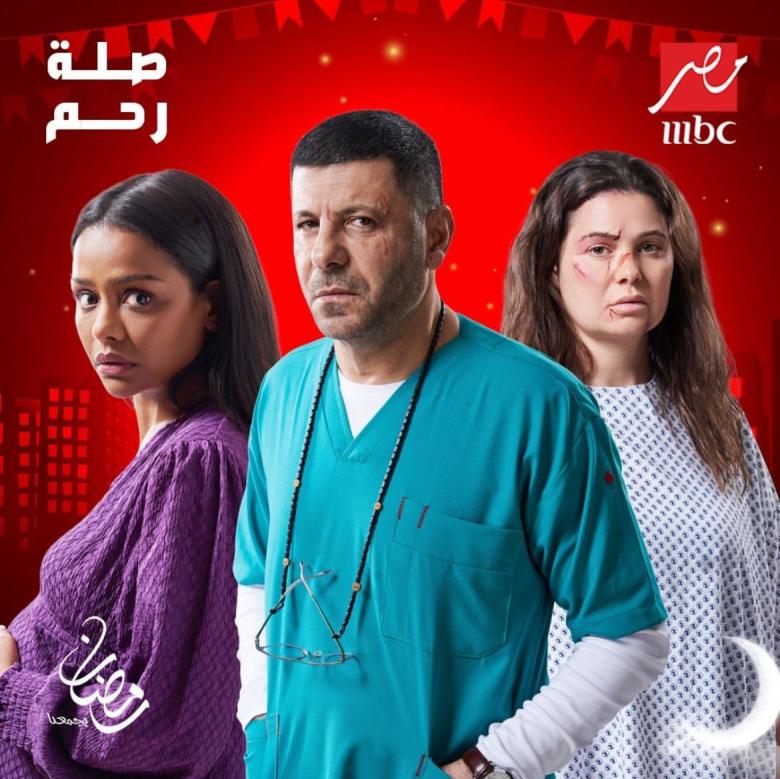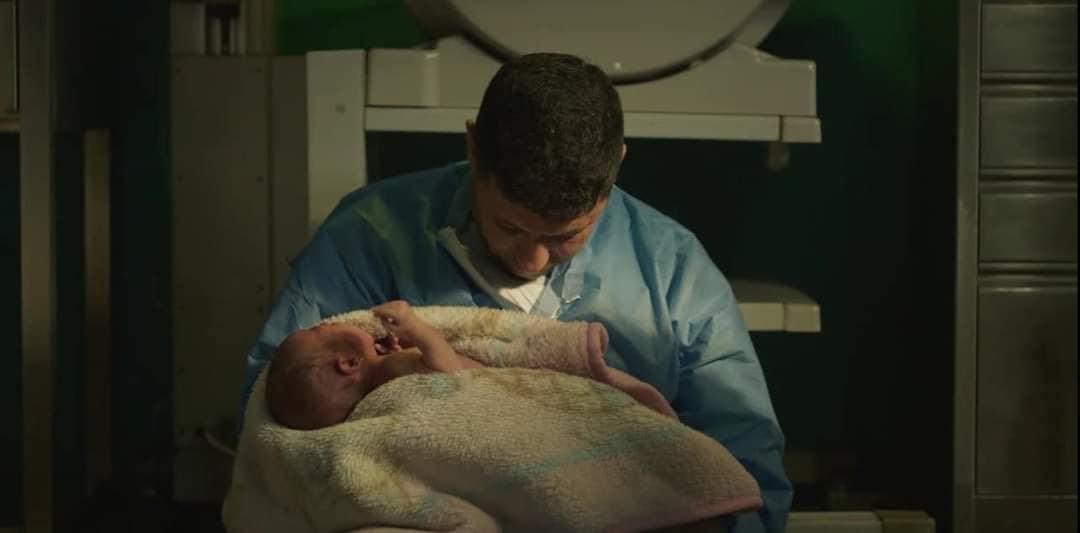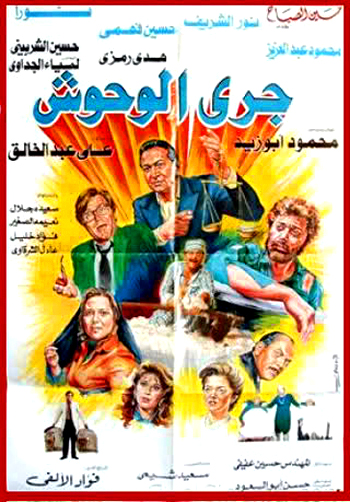The “Selat Rahem” soap opera: a missed opportunity to tackle the debate on gestation for others
The Egyptian Ramadanesque soap opera Selat Rahem (kinship link) Directed by Tamer Nady and featuring Eyad Nassar, has aroused great interest and lively discussions since the broadcast of the first episodes. Diving into the meanders of gestation for others, this soap opera explores the poignant dilemma experienced by Hossam, an anesthesiologist, and his wife Laila, who following a car accident, can no longer wear children. Faced with the impossibility for his wife to conceive, Hossam finds himself faced with a heartbreaking choice: that of resorting to a surrogate mother to realize their dream of having a child, a practice strictly prohibited by Egyptian law.
From the beginnings of Selat Rahemthe spectator is invited to dive into the troubled waters of a problem as complex as taboo. However, despite the promises of an in -depth exploration of this sensitive theme, the conclusion of the soap opera left many viewers, including me, on their hunger. The tragic end, where the protagonist finds himself condemned to death by the scriptwriter for having violated the religious precepts by using a surrogate mother, seems to reflect a desire to moralize the story, rather than closing it on a note of openness and reflection.
This premature resolution, marked by a rigid morality, obscures the nuances and the multidimensional issues raised by the question of gestation for others. By relegating the debate to the only prism of religion, the soap opera dismisses the possibility of exhaustively approaching the ethical, social and medical implications of this practice. The binary and moralizing representation adopted by the soap opera thus reinforces stereotypes and prejudices, instead of questioning them and encouraging critical reflection.
This tendency to favor a unilateral and dogmatic perspective is reminiscent of another Egyptian film, “Gary El-Wuhoosh” (1987), directed by Ali Abdel-Khalek, which also addresses medically assisted procreation. In this feature film, the desperate quest of a doctor to treat the infertility of a patient by using experimental methods also ends in a tragic outcome, stressing the opposition between human and divine will. The conclusion to be drawn from this film is that it was necessary to accept its destiny and not to oppose the divine will.
These stories, by stigmatizing any medical intervention going against religious precepts, and to the acceptance of his own destiny, therefore to the will of God, raise fundamental questions about the role of religion in the regulation of medical practice and on its impact on scientific progress. By forcing the scope of scientific and medical exploration to compliance with religious lessons, these stories limit the possibilities of innovation and understanding of contemporary medical challenges.
Beyond their intrinsic value as artistic ages, Selat Rahem And Gary El-Wuhoosh Thus raise essential questions on the way in which religion and morality influence our approach to scientific and medical progress. These stories highlight the tensions between tradition and modernity, between faith and reason, inviting the spectator to question the limits of individual freedom in the face of social and religious norms.
In a world in perpetual evolution, where medical advances constantly repel the borders of science, these stories remind us of the importance of nourishing an open and inclusive dialogue between religion, morality and science, in order to reconcile medical advances with the ethical and social values that liven up.
Pity that Selat Rahem did not fully exploit its potential to arouse a constructive debate and develop mentalities. This soap opera could have been a catalyst to question the laws and social norms concerning gestation for others. He could have encouraged spectators to examine the various aspects of the subject, whether socially, medical, ethical, or even religious.
There was a time when the use of medically assisted procreation techniques was considered “haram” because it was perceived as an intervention against nature and against the will of God. However, today, practices such as artificial insemination, in vitro fertilization, freezing of embryos or oocytes, and others, have become lawful and accepted by the company. This development raises questions about how religious beliefs influence medical advances and the perception of morality in the field of assisted reproduction.
The tragic end of Selat Rahemwhere the father sacrifices himself by leaving his life in exchange for another, is a disappointing conclusion which does not increase the debate or society. Rather, this strengthens outdated ideas on fate and morality, ignoring the possibilities of hope and progress offered by medical advances.
It is regrettable that the soap opera has chosen not to fully exploit the public’s awareness and education potential on complex and important issues. By neglecting to deepen the social, ethical and medical implications of gestation for others, Selat Rahem lacked the opportunity to contribute to a broader reflection on the contemporary challenges of medicine and society. It is therefore essential to continue to encourage an open and inclusive dialogue on these subjects, in order to promote better understanding and acceptance of medical and social advances.
Neïla Driss











